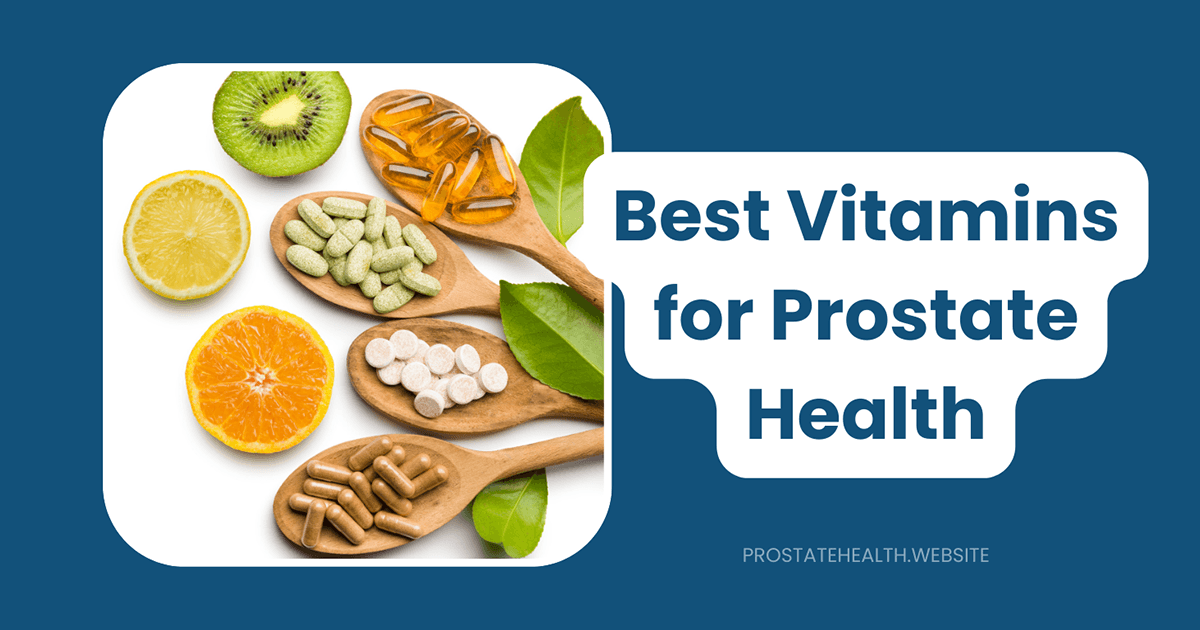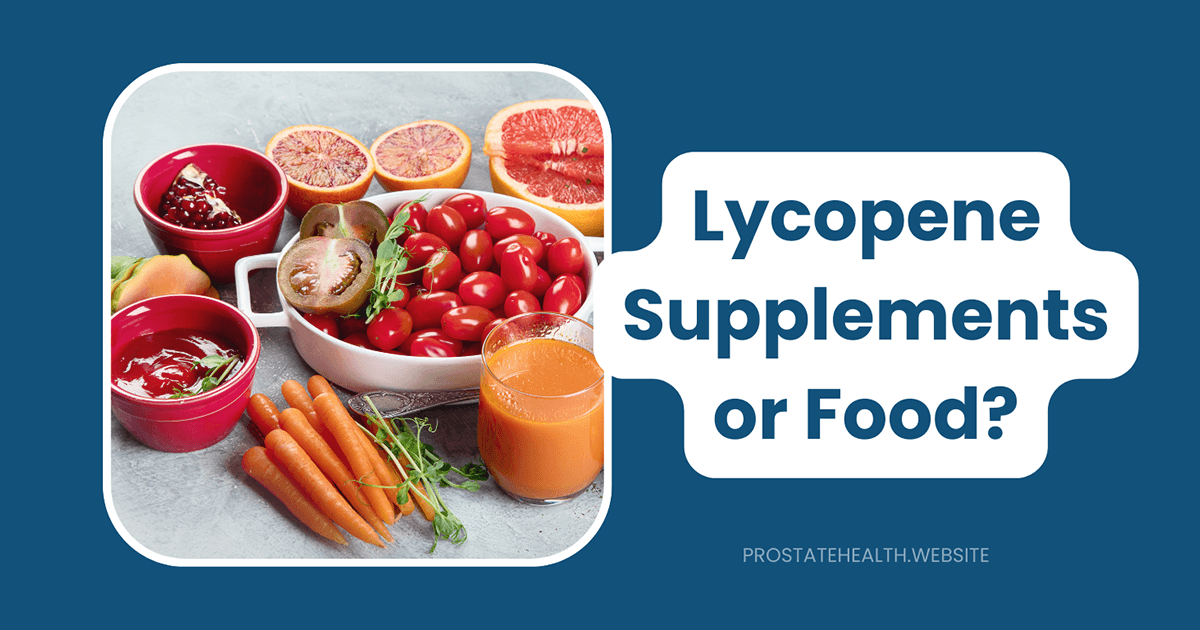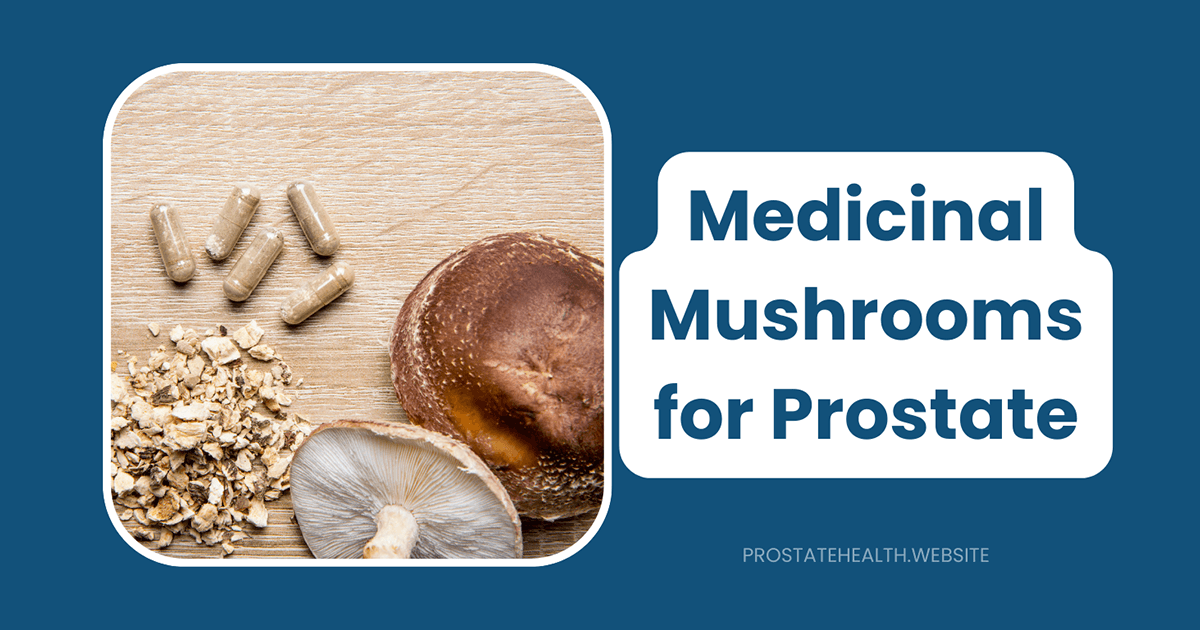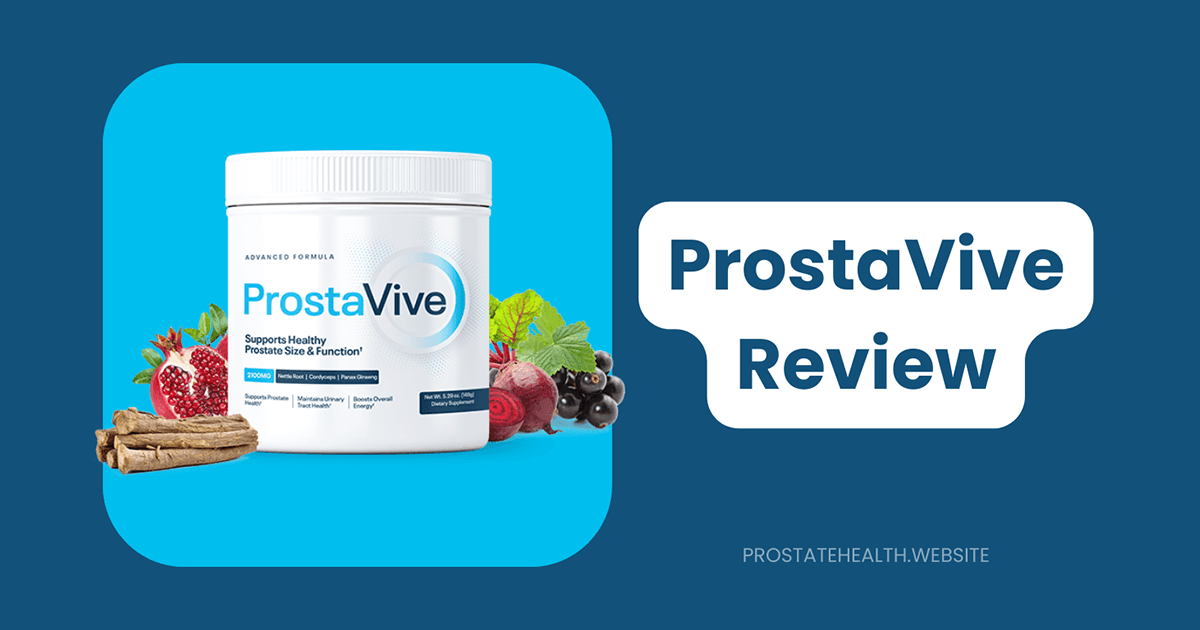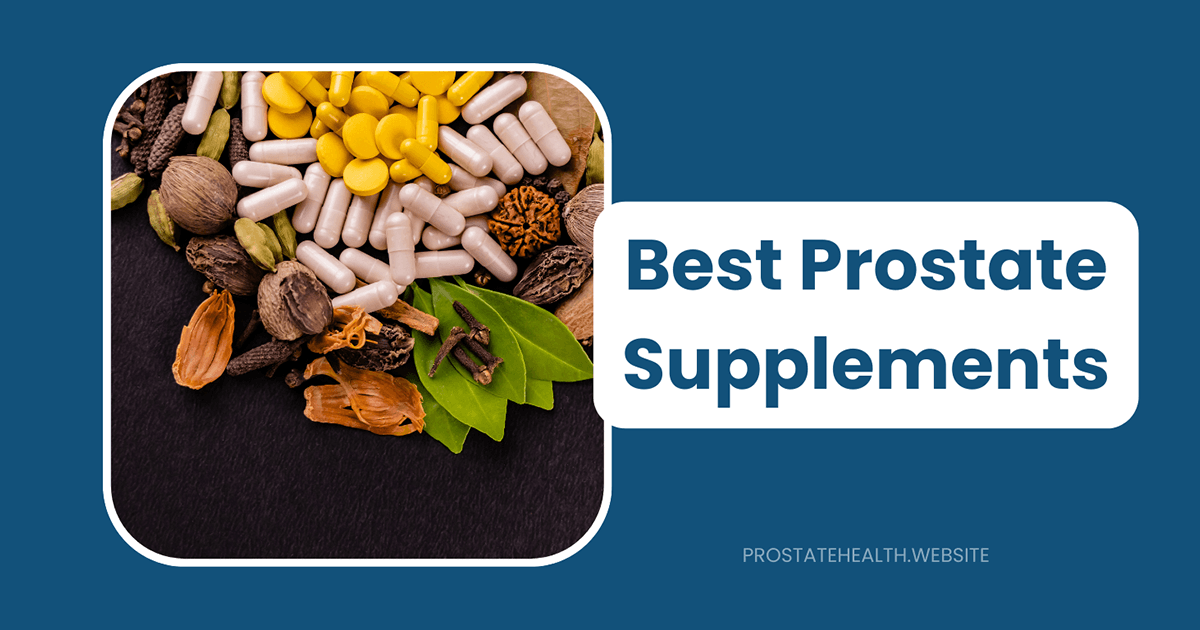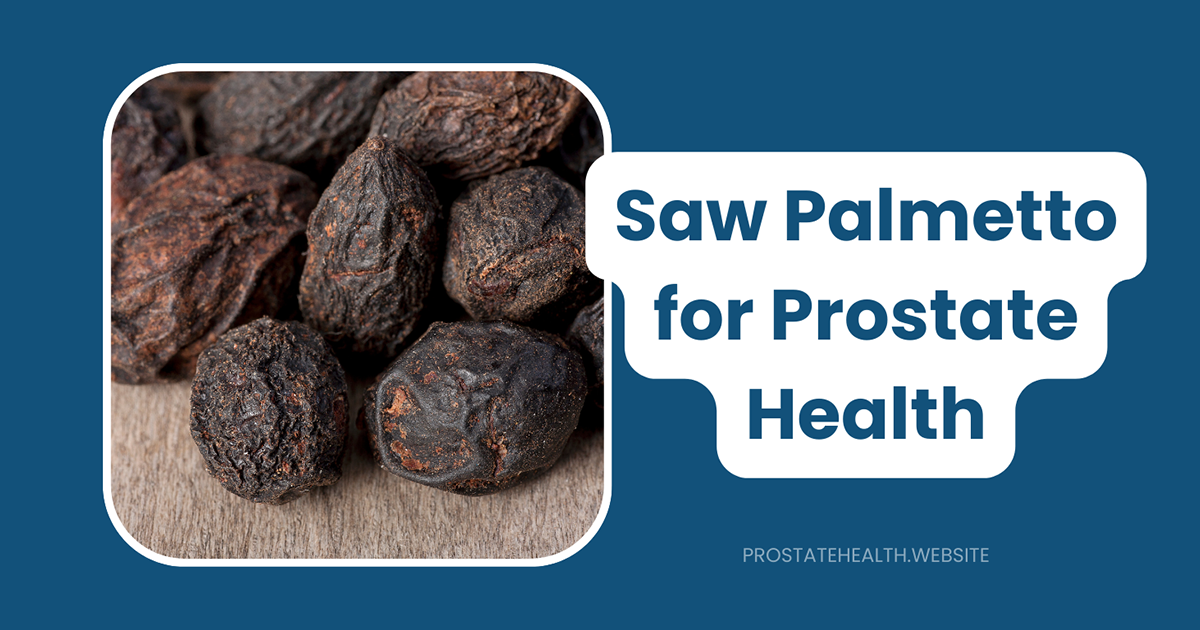Red Yeast Rice and Other Cholesterol-Lowering Supplements for Prostate Health
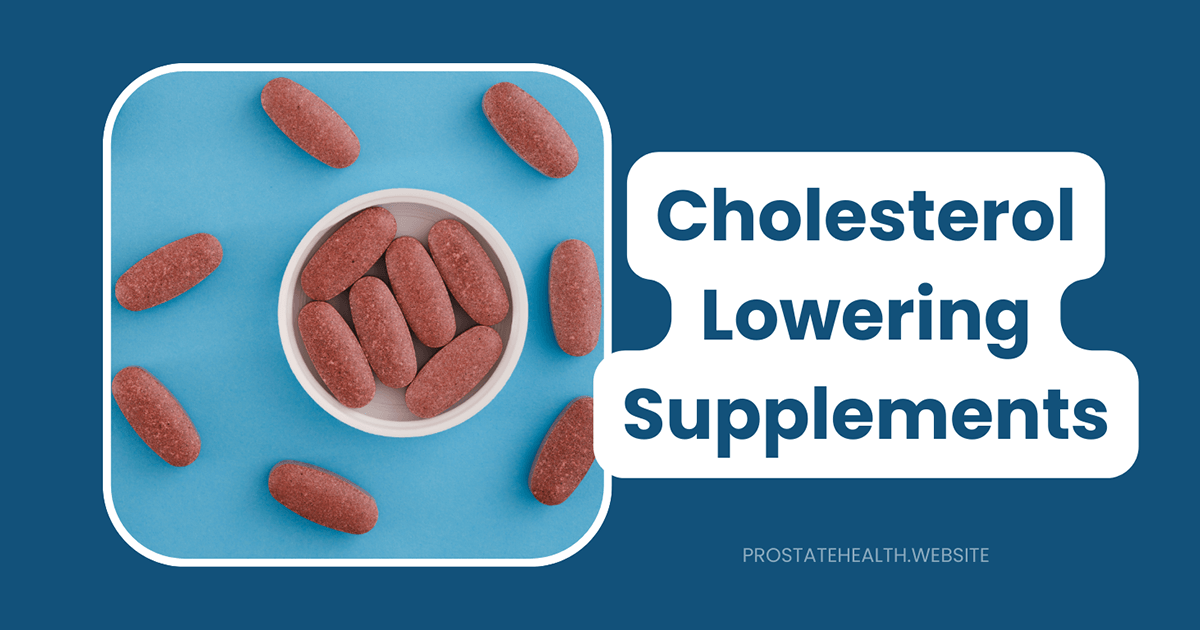
When we talk about prostate health, the conversation typically revolves around saw palmetto, zinc, or selenium. But there’s a fascinating and less-discussed connection that deserves our attention: the relationship between cholesterol levels and prostate health.
As someone who’s spent years advocating for men’s health, I’ve been following the emerging research on cholesterol-lowering supplements with great interest. Among these, red yeast rice stands out as a particularly promising option, alongside other plant-based compounds that may support both cardiovascular and prostate health simultaneously.
Let’s explore how these supplements work, what the science says about their effectiveness, and how you might incorporate them into your prostate health regimen.
Understanding the Cholesterol-Prostate Link
Before diving into specific supplements, it’s important to understand why cholesterol matters for prostate health:
The Scientific Connection
Research has revealed several important connections between cholesterol and prostate health:
- Cholesterol accumulation in prostate tissue is associated with prostate cancer development and progression
- Androgens (male hormones) are synthesized from cholesterol, and these hormones can drive prostate growth and cancer progression
- Cell membrane function depends on cholesterol, and alterations in membrane composition can affect signaling pathways involved in cell growth and survival
- Inflammation, a risk factor for prostate conditions, is influenced by cholesterol levels
Metabolic health factors like cholesterol levels may play a more significant role in prostate disease than previously thought.
Clinical Evidence
Multiple studies have found associations between cholesterol levels and prostate health:
- Men taking cholesterol-lowering medications (statins) show reduced risk of advanced prostate cancer
- Higher cholesterol levels correlate with increased prostate cancer aggressiveness
- Cholesterol-lowering interventions may slow prostate cancer growth in laboratory and animal studies
This growing body of evidence suggests that managing cholesterol could be an important strategy for supporting prostate health.
Red Yeast Rice: Nature’s Statin Alternative
What Is Red Yeast Rice?
Red yeast rice is a traditional Chinese culinary and medicinal product created by fermenting rice with the yeast Monascus purpureus. This fermentation process produces a range of bioactive compounds, including:
- Monacolins: Naturally occurring compounds that inhibit cholesterol synthesis
- Monacolin K: Chemically identical to the prescription drug lovastatin
- Pigments: Compounds with antioxidant properties
- Sterols: Plant compounds that may block cholesterol absorption
- Isoflavones and other phytonutrients: With potential health benefits
How Red Yeast Rice Supports Prostate Health
Red yeast rice may benefit prostate health through several mechanisms:
1. Cholesterol Reduction
By inhibiting HMG-CoA reductase (the same enzyme targeted by statin drugs), red yeast rice reduces cholesterol production. This may:
- Lower serum cholesterol levels by 15-25% in clinical studies
- Reduce the availability of cholesterol for androgen synthesis
- Decrease cholesterol accumulation in prostate tissue
2. Direct Anti-Cancer Effects
Research published in the Journal of Cellular Biochemistry has shown that red yeast rice may have direct effects on prostate cancer cells:
- Inhibits proliferation of both androgen-dependent and androgen-independent prostate cancer cells
- Reduces tumor volume in animal models by 41-54%
- Decreases expression of androgen-synthesizing enzymes
- Promotes apoptosis (programmed cell death) in some prostate cancer cell lines
3. Anti-Inflammatory Properties
Chronic inflammation is a risk factor for prostate conditions, and red yeast rice has demonstrated anti-inflammatory effects that may benefit prostate health.
The Research on Red Yeast Rice and Prostate Health
While human clinical trials specifically examining red yeast rice for prostate health are limited, laboratory and animal studies show promising results:
- A study in SCID mice with human prostate cancer xenografts found that red yeast rice reduced tumor volumes more effectively than lovastatin at the same dose
- Research published in the FASEB Journal demonstrated that red yeast rice inhibited prostate cancer cell growth through mechanisms beyond just its statin-like effects
- Laboratory studies show that red yeast rice may downregulate genes involved in androgen synthesis, potentially reducing hormonal stimulation of prostate cells
“Our findings suggest that RYR [red yeast rice] may be a potentially effective agent for the treatment of prostate cancer, especially for men who have developed androgen-independent disease.” – Researchers from the Department of Nutrition Sciences, University of Alabama at Birmingham
Other Cholesterol-Lowering Supplements for Prostate Health
While red yeast rice has received significant attention, other cholesterol-lowering supplements may also benefit prostate health:
1. Plant Sterols and Stanols (Beta-Sitosterol)
What they are: Plant sterols are compounds structurally similar to cholesterol found in fruits, vegetables, nuts, and seeds. Beta-sitosterol is one of the most studied plant sterols for prostate health.
How they work: Plant sterols:
- Block cholesterol absorption in the intestine
- May directly inhibit 5-alpha reductase, the enzyme that converts testosterone to the more potent dihydrotestosterone (DHT)
- Have anti-inflammatory properties
Research evidence:
- Multiple clinical trials show that beta-sitosterol improves urinary symptoms in men with benign prostatic hyperplasia (BPH)
- A review of four double-blind trials involving over 500 men found that beta-sitosterol significantly improved urinary flow measures and symptom scores
- Laboratory studies suggest beta-sitosterol may induce apoptosis in prostate cancer cells
Recommended dosage: 60-130 mg daily of beta-sitosterol
This plant compound has shown particular promise for men with BPH symptoms.
2. Omega-3 Fatty Acids
What they are: Essential fatty acids found primarily in fatty fish, flaxseeds, and some nuts.
How they work: Omega-3s may:
- Improve cholesterol profiles by raising HDL and lowering triglycerides
- Reduce inflammation in prostate tissue
- Alter cell membrane composition, potentially affecting cell signaling
Research evidence:
- Observational studies link higher omega-3 intake with lower prostate cancer mortality
- Laboratory studies show omega-3s may inhibit prostate cancer cell growth
- Clinical trials suggest benefits for reducing inflammation markers
Recommended dosage: 1-2 grams daily of combined EPA and DHA
3. Soluble Fiber Supplements
What they are: Fiber that dissolves in water, found in oats, barley, fruits, and supplements like psyllium.
How they work: Soluble fiber:
- Binds to cholesterol in the digestive system, preventing its absorption
- May help regulate blood sugar, reducing insulin’s stimulatory effects on prostate tissue
- Supports gut health, which can influence systemic inflammation
Research evidence:
- Clinical trials show soluble fiber can lower LDL cholesterol by 5-10%
- Some observational studies link higher fiber intake with reduced prostate cancer risk
- May help manage weight, an independent risk factor for prostate issues
Recommended dosage: 5-10 grams daily of soluble fiber
4. Garlic Supplements
What they are: Concentrated extracts of garlic (Allium sativum).
How they work: Garlic compounds may:
- Inhibit cholesterol synthesis
- Have antioxidant and anti-inflammatory properties
- Potentially inhibit prostate cancer cell growth
Research evidence:
- Meta-analyses show modest cholesterol-lowering effects
- Laboratory studies demonstrate anti-cancer properties against prostate cells
- Limited human studies specifically examining prostate outcomes
Recommended dosage: 600-1,200 mg daily of aged garlic extract
Creating a Comprehensive Approach: Combining Supplements for Maximum Benefit
For men interested in supporting both cardiovascular and prostate health, a thoughtful combination of supplements may provide synergistic benefits. Here’s a framework for creating an evidence-based regimen:
Core Supplements for Cholesterol and Prostate Health
- Red Yeast Rice: 1,200-2,400 mg daily (divided into two doses)
- Plant Sterols/Beta-Sitosterol: 60-130 mg daily
- Omega-3 Fatty Acids: 1-2 grams daily of combined EPA and DHA
Supporting Supplements
- CoQ10: 100-200 mg daily (especially important if taking red yeast rice, as it may help prevent muscle-related side effects)
- Saw Palmetto: 320 mg daily (standardized extract) for additional prostate support
- Vitamin D3: 1,000-2,000 IU daily (if levels are low)
Lifestyle Synergizers
To maximize the benefits of these supplements:
- Mediterranean Diet: Rich in plant foods, olive oil, and fish
- Regular Physical Activity: At least 150 minutes of moderate exercise weekly
- Stress Management: Chronic stress can affect both cholesterol levels and prostate health
- Adequate Sleep: 7-8 hours nightly for optimal hormonal balance
Safety Considerations and Potential Interactions
While these supplements offer promising benefits, they’re not without risks and considerations:
Red Yeast Rice Cautions
- Statin-Like Side Effects: May cause muscle pain, liver enzyme elevations, and digestive issues
- Medication Interactions: Can interact with other cholesterol medications, certain antibiotics, and antifungals
- Quality Concerns: Some products may contain citrinin, a potentially harmful mycotoxin
- Standardization Issues: Monacolin content varies widely between products
Who should avoid red yeast rice:
- People with liver disease
- Those taking statin medications
- Pregnant or breastfeeding women
- Individuals with a history of statin intolerance
Plant Sterol Considerations
- Absorption of Fat-Soluble Vitamins: High doses may reduce absorption of vitamins A, D, E, and K
- Rare Genetic Condition: People with sitosterolemia should avoid plant sterol supplements
- Generally Well-Tolerated: Side effects are typically mild and include digestive discomfort
General Supplement Safety
- Start with Lower Doses: Gradually increase to assess tolerance
- Periodic Breaks: Consider cycling supplements to prevent adaptation
- Regular Monitoring: Check cholesterol levels and prostate health markers periodically
- Healthcare Provider Consultation: Essential before starting any supplement regimen, especially if you have existing health conditions or take medications
The Future of Cholesterol-Lowering Supplements for Prostate Health
Research in this area continues to evolve, with several exciting developments on the horizon:
- Targeted Formulations: Supplements specifically designed to address both cholesterol and prostate health
- Improved Extraction Methods: Enhancing the beneficial compounds while removing potential toxins
- Combination Therapies: Research on how these supplements may complement conventional prostate treatments
- Personalized Approaches: Genetic testing to identify who might benefit most from specific supplements
Practical Implementation: Adding These Supplements to Your Routine
If you’re considering adding cholesterol-lowering supplements to your prostate health regimen, here are some practical tips:
1. Start with Testing
Before beginning any supplement regimen, establish your baseline:
- Comprehensive lipid panel (total cholesterol, LDL, HDL, triglycerides)
- PSA test (prostate-specific antigen)
- Comprehensive metabolic panel to assess liver function
2. Prioritize Quality
When selecting supplements:
- Choose products from reputable manufacturers with third-party testing
- Look for standardized extracts with guaranteed potency
- Check for USP, NSF, or other quality certifications
- Avoid products with unnecessary fillers or additives
3. Implement Gradually
- Introduce one supplement at a time (waiting 1-2 weeks between additions)
- Start with lower doses and gradually increase
- Monitor for any adverse effects
- Keep a journal to track benefits and side effects
4. Timing Considerations
For optimal absorption and effectiveness:
- Take red yeast rice with evening meals (cholesterol production peaks overnight)
- Consume plant sterols with meals containing fat
- Split larger doses throughout the day to maintain steady levels
5. Regular Reassessment
- Recheck cholesterol levels after 8-12 weeks
- Monitor prostate health markers as recommended by your healthcare provider
- Adjust your regimen based on results and tolerance
Conclusion: A Promising Complementary Approach
The connection between cholesterol metabolism and prostate health represents an exciting frontier in men’s health research. While more clinical studies are needed, the current evidence suggests that cholesterol-lowering supplements like red yeast rice and plant sterols may offer meaningful benefits for prostate health.
These supplements should not replace conventional medical care or proven prostate health strategies. Instead, they represent a complementary approach that addresses an often-overlooked aspect of prostate health—metabolic factors like cholesterol.
By thoughtfully incorporating these supplements into a comprehensive prostate health strategy, men may be able to support both cardiovascular and prostate health simultaneously, potentially reducing their risk of serious conditions while improving quality of life.
Remember that individual responses to supplements vary, and what works for one person may not work for another. Working with healthcare providers knowledgeable about both conventional and complementary approaches will help you develop the most effective strategy for your unique health needs.
References:

